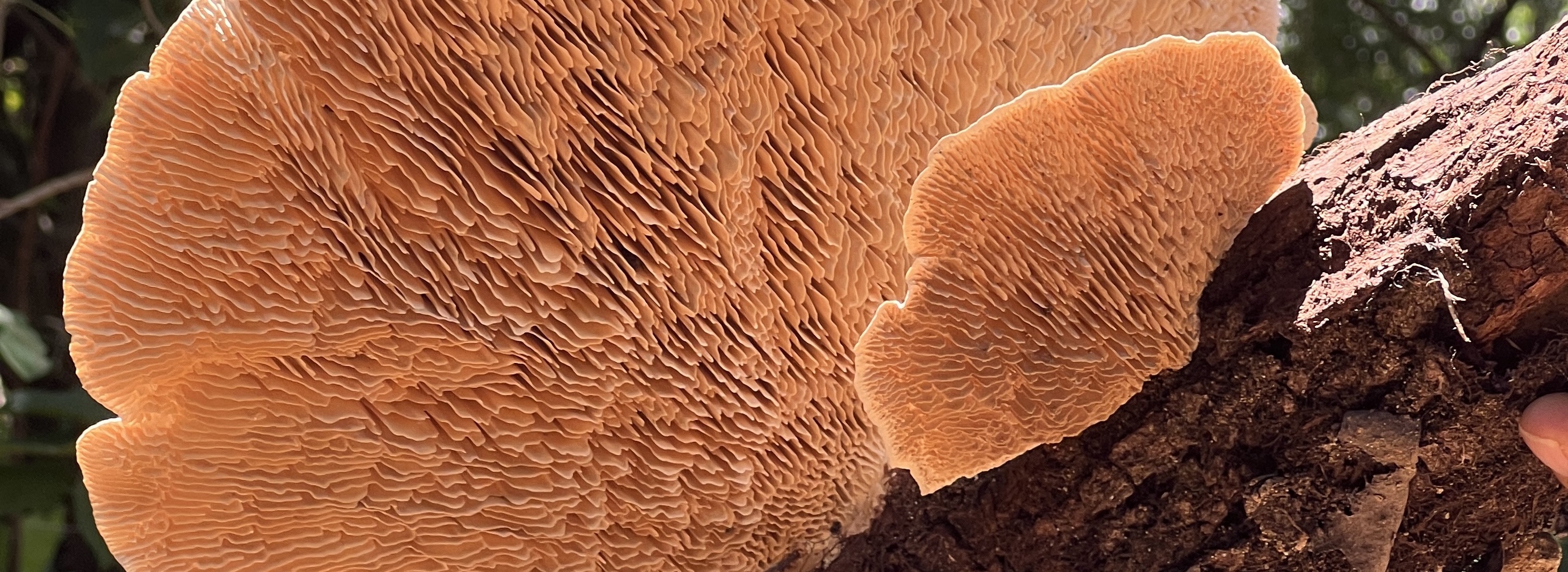
Monteverde Institute: Tropical Ecology and Conservation
Alternative Title
Comportamiento antidepredador de Octopus vulgaris
Files
Download Full Text (5.8 MB)
Publication Date
December 2016
Abstract
Cephalopoda is a varied and unusual class that has occupied oceanic habitats all over the world for millions of years. One species in particular, Octopus vulgaris, or the common octopus has a nearly global range. Because of their soft bodies and lack of hard, protective outer covering octopuses are highly vulnerable to numerous predators. However, octopuses have evolved to compensate for this loss with a number of other anti-predator defenses, namely camouflage and substrate-hiding. Camouflage allows the octopuses to alter their appearance into a variety of colors, textures and shapes as they move through their environments, hiding in plain sight from predators. Substrate-hiding allows octopuses to use their surroundings to their advantage, as they squeeze their malleable bodies into spaces in the substrate that are inaccessible to most predators. My study seeks answer whether or not there is a species-wide manner in which octopus display anti-predator behaviors or if there is individual variability in these behaviors. My results showed that individual octopus react differently in both their rate of camouflage and the types of camouflage displayed when exposed to the same stimuli. This variability in their reactions is reflective of their ability to thrive in the wide range of habitats they occupy throughout the world. In contrast, three distinct behavioral phenotypes emerged with respect to substrate-hiding; octopus either spent all their time hiding, all their time exposed, or half their time hiding and half their time exposed. These shared phenotypes show that substrate-hiding does not need to be highly varied between individuals in order to be effective against a wide range of predators. My experiment highlights the importance and effectiveness of these behaviors in allowing the octopus to avoid, deter and escape predators all over the world, contributing to its global success.
Resumen
Cephalopoda es una Clase variada e inusual que ha ocupado los océanos alrededor del mundo durante millones de años. Una especie en particular, Octopus vulgaris conocido como el pulpo común, tiene una gama casi global. Debido a sus cuerpos blandos y la falta de una cubierta externa protectora, los pulpos son altamente vulnerables a numerosos depredadores. Sin embargo, durante la evolución los pulpos han desarrollado estrategias para compensar esta pérdida con una serie de defensas anti-depredador como el camuflaje y ocultarse entre el sustrato. El camuflaje permite que los pulpos alteren su aspecto en una variedad de colores, texturas y formas mientras se mueven a través de su ambiente, ocultándose a la vista de los depredadores. El sustrato permite a los pulpos utilizar su entorno a su ventaja, ya que pueden calzar sus cuerpos maleables en espacios que son inaccesibles para la mayoría de depredadores. Mi estudio busca responder si existen o no comportamientos anti-depredadores específicos o si hay variabilidad individual en estos comportamientos. Mis resultados mostraron que los pulpos reaccionan individualmente de manera diferente tanto en su tasa de camuflaje como en los tipos de camuflaje mostrados cuando se exponen a los mismos estímulos. Esta variabilidad en sus reacciones es un reflejo de su capacidad para prosperar en la amplia gama de hábitats que ocupan en todo el mundo. En contraste, tres fenotipos distintos de comportamiento surgieron cuando se estaban ocultando en el sustrato: pasar todo su tiempo escondido, todo su tiempo expuesto, o la mitad de su tiempo escondido y la mitad de su tiempo expuesto. Estos fenotipos compartidos muestran que el ocultarse en el sustrato no necesita ser muy variado entre los individuos con el fin de ser eficaz contra una amplia gama de depredadores. Mi experimento destaca la importancia y la eficacia de estos comportamientos al permitir que el pulpo evite y escape de los depredadores en todo el mundo, contribuyendo a su éxito global.
Keywords
Common Octopus, Animal defenses, Animals--Adaptation, EAP Fall 2016
Palabras claves
Pulpo Común, Defensas animales, Animales--Adaptación, EAP Otoño 2016
Extent
13 pages
Geographic Location
Cuajiniquil (Guanacaste, Costa Rica)
Holding Location
Monteverde Institute
Language
English; Spanish
Media Type
Articles
Format
Digital Only
Identifier
M39-00609
Type
Book
Recommended Citation
Miao, Emily, "Anti-predator behavior of Octopus vulgaris, December 2016" (2016). Monteverde Institute: Tropical Ecology and Conservation. 173.
https://digitalcommons.usf.edu/tropical_ecology/173


